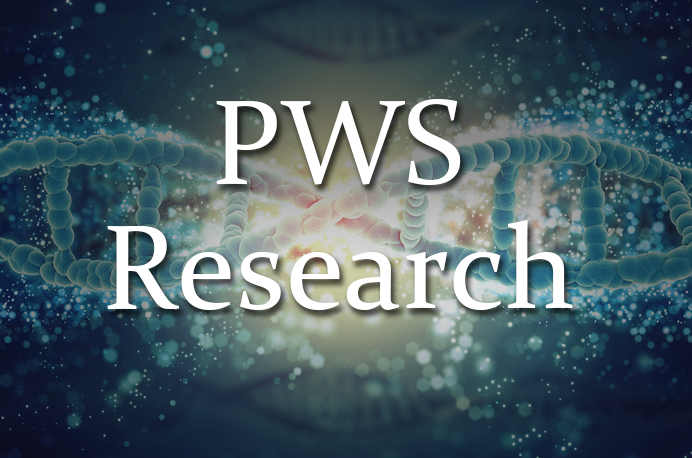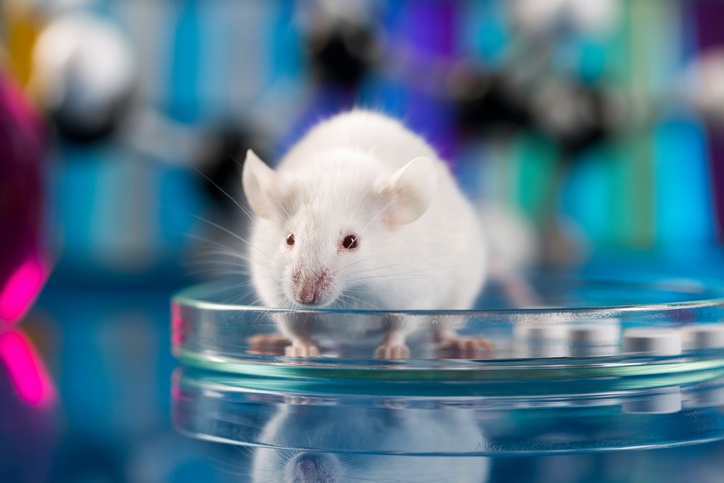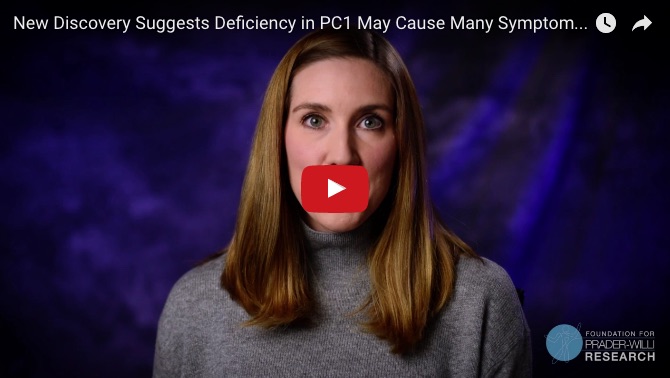Topics: Research
A new multidisciplinary PWS clinic at Vanderbilt University provides comprehensive and innovative care of children and adults with PWS. The clinic will enable patients to see a variety of PWS specialists in one location, easing the burden on patients...
Prader Willi syndrome (PWS) results when a set of key genes on chromosome 15 are missing and/or inactive. Figuring out the role played by each of these genes in PWS is a major goal for PWS research. One of the genes in the PWS region is called MAGEL2...
Vagus nerve stimulation (VNS) offers the possibility of a unique, non-pharmacotherapy for treating behavior in PWS, Prader-Willi syndrome. A small pilot study involving three patients with PWS has shown promising results, and next steps are already u...
Topics: Research
Hormones are little messengers that circulate in the body, carrying important information from one location to the next, and triggering the appropriate response to that information. Numerous hormone levels are altered in PWS. These include hormones t...
Topics: Research
Prader-Willi syndrome (PWS) is a complex disorder, and, to date, supportive care and growth hormone therapy are the only treatments available. The rarity of PWS, the fragmentation of experts and stakeholders involved at each stage of therapeutic deve...
Topics: Research
There are several mouse models used in PWS research, each missing some part of the DNA that is absent in PWS. Two of the most commonly used mouse models are the Snord116 mouse and the Magel2 mouse. Each of these has a deletion of the respective PWS-r...
Topics: Research
There are numerous hormones that are intricately involved in connecting the stomach to the brain and telling us when we are hungry or full. One of these hormones is ghrelin, which is often referred to as "the hunger hormone." Although individuals wit...
Topics: Research
Family members and caretakers of individuals with PWS know that those individuals are often the friendliest people in a room, particularly when they are young children eager to give a hug. However, people with intellectual or developmental delays oft...
Topics: Research
FPWR is excited to share a new discovery in Prader-Willi Syndrome! Columbia University Medical Center researchers Lisa Burnett, PhD, and Rudolph Leibel, PhD, have published a breakthrough discovery in the Journal of Clinical Investigation that change...
Topics: Research














